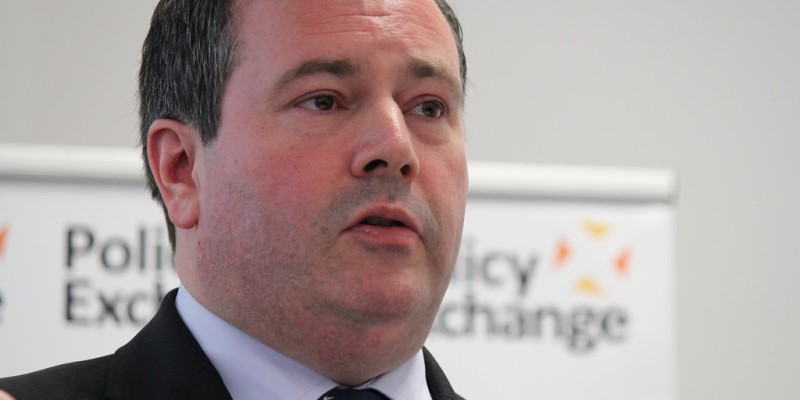Alberta's election is over—now comes the hard part

Last week, Albertans went to the polls and gave Jason Kenney’s United Conservative Party a majority government. While Kenney has earned a mandate to govern for four years, the hard work of rebuilding the province’s fiscal and economic health after a decade of deficits and tax increases must begin immediately. The government must substantially reform and reduce spending over time, restore more competitive tax rates, and ensure the health of the province’s all-important energy sector.
It will be a formidable task. It’s first important to recognize just how much the province’s fortunes have changed for the worse over the past decade.
Due to a combination of difficult circumstances (the global recession of 2008/09 and the commodity price fall of late 2014) and poor policy choices, Alberta has run budget deficits every year except one (under Premier Jim Prentice) over the past decade.
Due to these chronic deficits and substantial new debt accumulation from capital spending, the province has gone from a roughly $35 billion net financial asset position (the only province whose assets exceeded its liabilities) to roughly $28 billion in net debt in 2018/19. That’s a $63 billion swing over the course of a decade. All this new debt creates material costs for Albertans. Government debt interest costs (per person) were just $61 in 2007/08. But by 2020/21, they are forecasted to reach $655. All that money will, as a result, be unavailable for other priorities such as health care, education or tax relief.
Some might assume that the recent decline in global oil prices is entirely responsible for the province’s fiscal health. The data does not support this perspective. Specifically, this view ignores the fact that the province ran deficits even during the height of the last oil boom, and continues to do so during the province’s modest economic recovery. The real reason for Alberta’s fiscal challenges is that successive governments have for the past decade failed to restrain spending. In fact, if successive governments had held program spending growth to the rate of inflation plus population since 2004/05 (when per capita spending returned to pre-Klein levels), the province would have weathered the recent economic storm much better and the rapid debt accumulation of recent years would simply not have occurred.
Since spending is the source of Alberta’s fiscal challenge, for the new government to be successful it must strike at the root of the problem by reforming and reducing provincial spending. Indeed, Alberta’s per person program spending is roughly 20 per cent higher than in neighbouring British Columbia. That fact must be addressed if the new government wants to balance the budget during its mandate.
Moreover, the challenge of returning to a balanced budget is made more difficult by the urgent need for tax relief in Alberta to help spur growth and signal to prospective investors that Alberta is committed to regaining its status as one of the most investment-friendly tax regimes in North America.
Not so long ago, Alberta had the lowest top personal and corporate income tax rates in Canada or the United States. Through a combination of provincial and federal tax increases (and U.S. tax cuts), Alberta now has the 18th lowest statutory corporate income tax (CIT) rate and 10th highest top personal income tax rate of any state or province.
In short, recent developments have badly undermined Alberta’s once famous “tax advantage,” which has harmed the province’s growth prospects. By restoring the province’s tax advantage on corporate and personal income taxes, the new government can help build a stronger, more prosperous Alberta. Doing so, however, will lead to short-term revenue losses and further strengthen the case for reforming and reducing public spending quickly.
Lastly, it’s crucial that the new provincial government ensure the province’s resource sector does not face excessive barriers to development. This is a major issue for Alberta, whose ranking in the Fraser Institute’s annual survey of oil and gas investors fell to 43rd in 2018. While protecting the environment is crucial, it’s important to avoid excessive bureaucracy. And more to the point, it’s important to find a way to get pipeline to tidewater.
Alberta faces substantial fiscal and economic challenges. The new government must address these issues in short order. Given the strong mandate he received, Premier-designate Kenney should act decisively to repair Alberta’s finances, restore the province’s tax-advantage, and spur investment and growth in the province.

